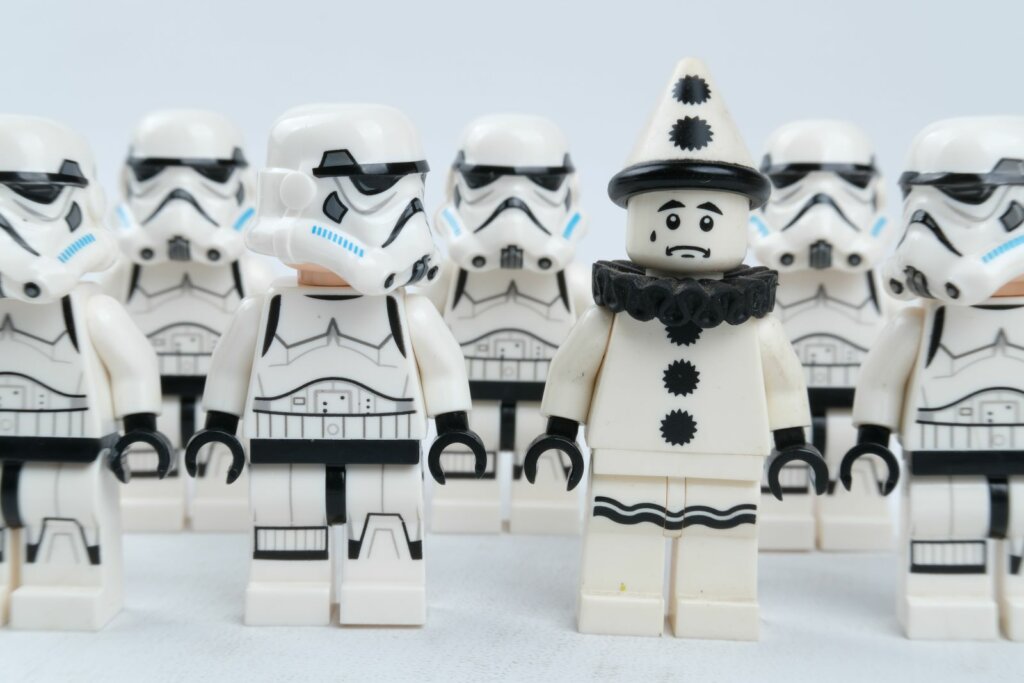In April, I wrote a blog for my professional website called “Maybe It’s You” about how I realized after getting rejected by every single literary agent I queried that maybe the problem was me. This is the companion piece to that blog recognizing maybe it’s not me that’s the problem; maybe it is the other person.
When it comes to interactions with other people that go awry, I frequently place the blame on myself. “What did I do wrong? Should I have said XYZ instead?” Call it a carryover from being labeled “weird” my whole life and struggling to fit in. Who knows? Regardless, when other people are unhappy, frustrated, uncomfortable, etc. I am quick to take responsibility.
In one of my recovery programs, there are two sayings that feel apt right now: “You are probably not guilty” and “You can be healthier than those around you.” Both of those statements are revelations. Typically, I’m my own worst critic playing judge, jury, and executioner before you can blink. I’m probably not guilty? It’s possible I didn’t do anything wrong? Really?
For the other saying, that I can be healthier than those around me, it’s also hard to wrap my mind around. As someone who is in recovery, seeing a therapist, and generally working on herself, I have this perspective that I’m the sickest person in the room. Everyone else knows what they’re doing, they’re normal, they’re fine. I’m the problem. The irony is after doing all this work on myself it’s become the opposite: In some situations, I am healthier than those around me because I know how to handle my own emotions. For instance, instead of asking you to stop feeling a certain way so I can feel better, I recognize when I’m activated and can do the work to process that.
Because I’ve done so much work on myself to heal my wounds and become emotionally mature, I forget not everyone else is like that. I forget someone can say, “I don’t like the way you did that” and it truly has nothing to do with me. The other person is triggered and trying to place all the blame on me instead of taking ownership of themselves. It’s so very easy to do in our society and we see evidence of this all the time.
Just a few days ago people advocated boycotting Hershey because the company featured a trans woman in an ad. Instead of dealing with their discomfort over trans people, conservatives said, “Boycott.” Why are they upset? I truly don’t understand because if they don’t want to be a trans woman, they don’t have to be, but anyway, instead of processing the discomfort within themselves, Hershey became bad and wrong. Is Hershey the problem here? Given my progressive bent, of course I say no, they aren’t.
This blog is a reminder to me and to anyone who needs to hear it that as much as you resonate with Taylor Swift’s song “Anti-hero,” maybe you’re not the problem. Maybe it’s not you. Maybe the other person is triggered or hasn’t dealt with their own discomfort or has unrealistic expectations or is scared of vulnerability or. . .Maybe you didn’t do anything wrong and in fact, you are the healthier person in the situation.
I dream of a world where we recognize sometimes we aren’t the problem; sometimes it’s the other person. A world where we understand we can be healthier than those around us. A world where we remember other people get triggered and haven’t dealt with their wounds and that’s on them no matter how much they try to place the blame on us.
Another world is not only possible, it’s probable.
